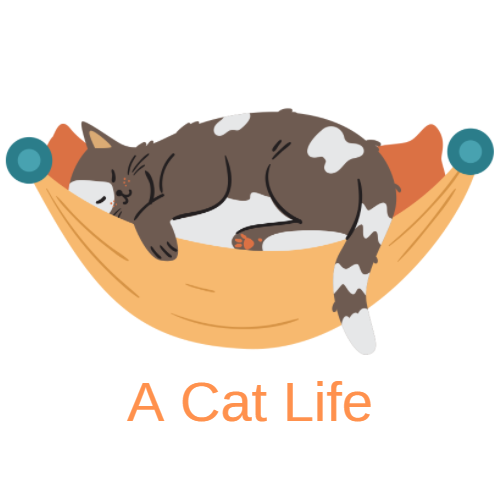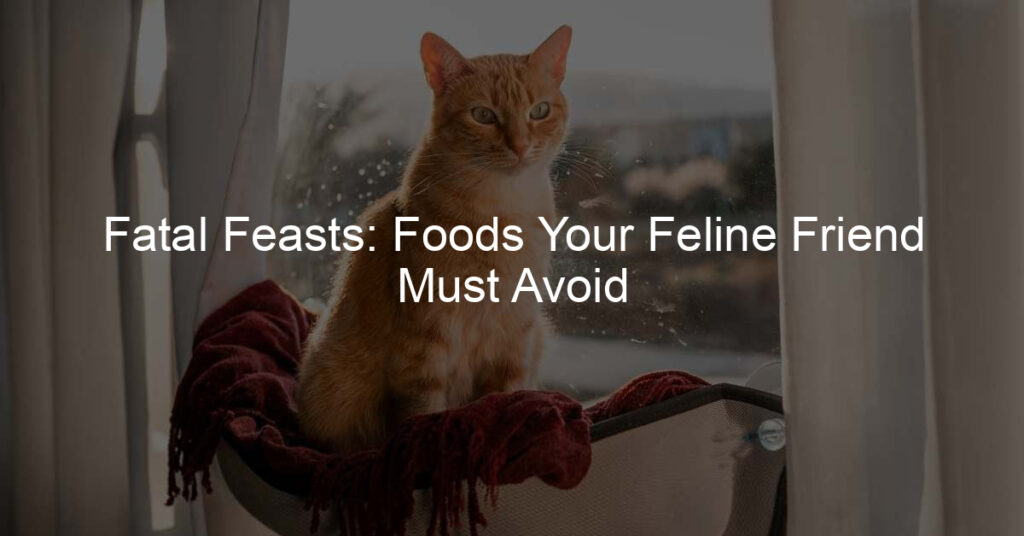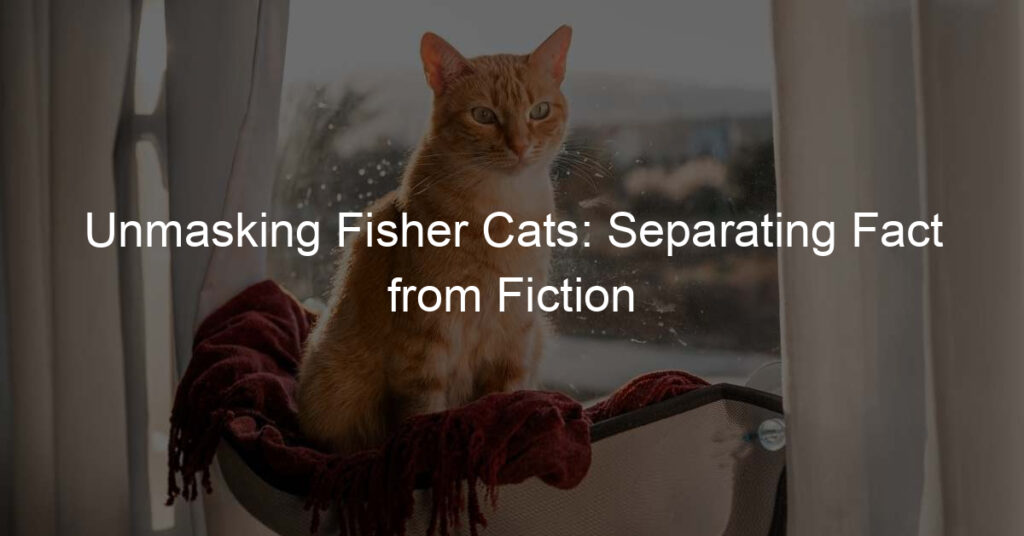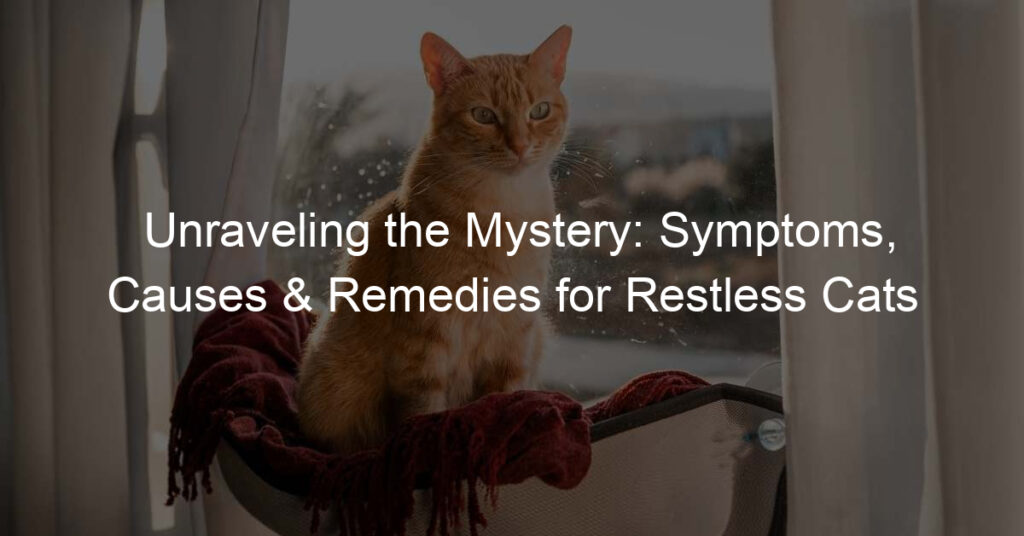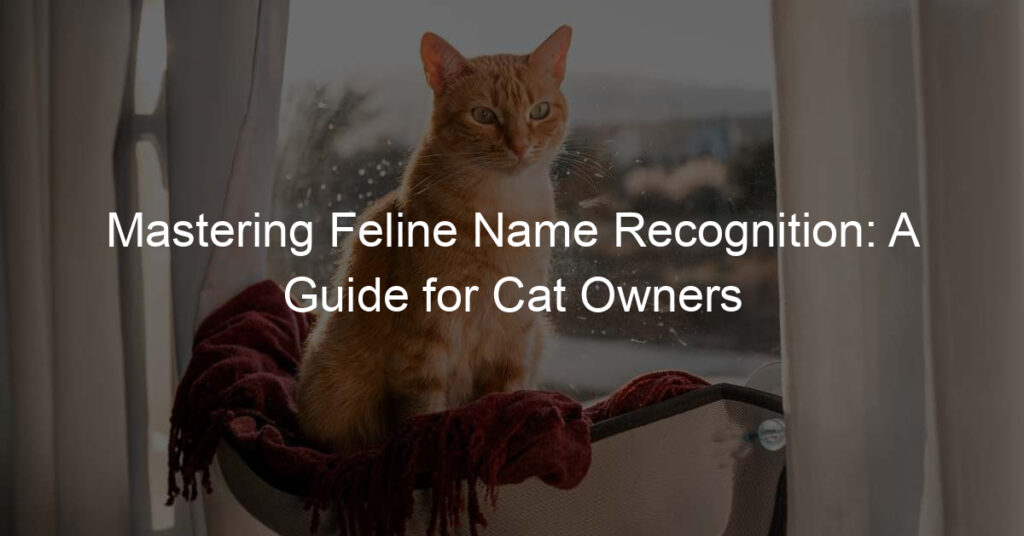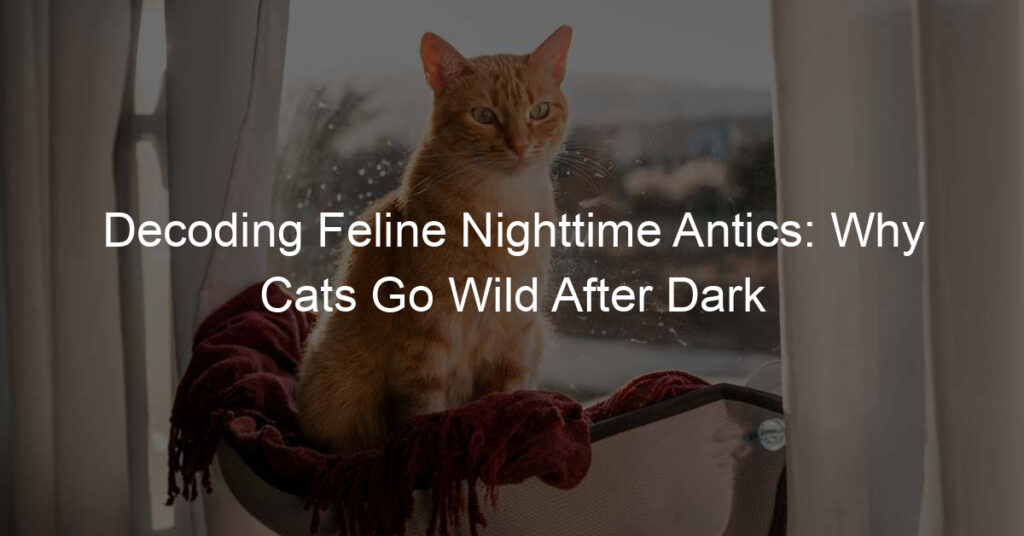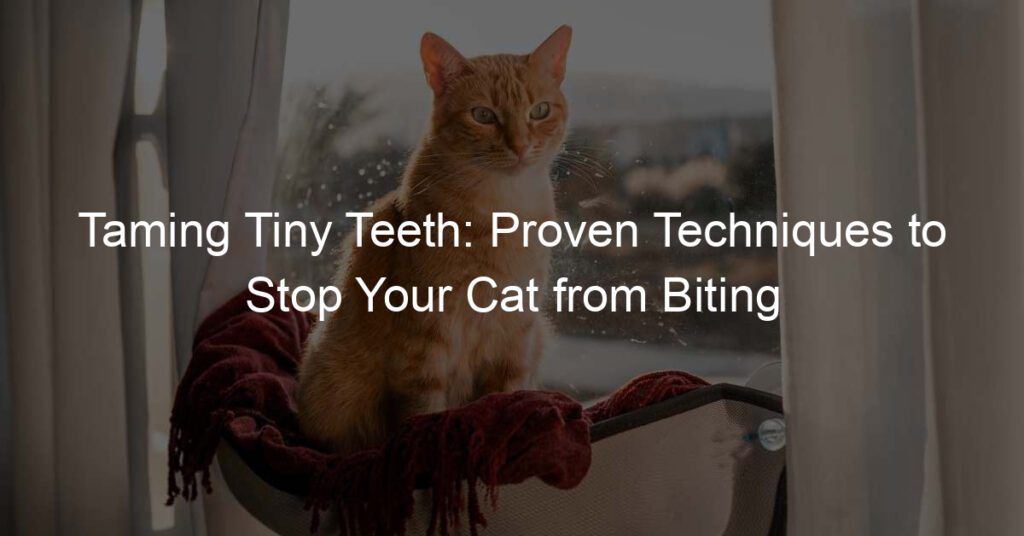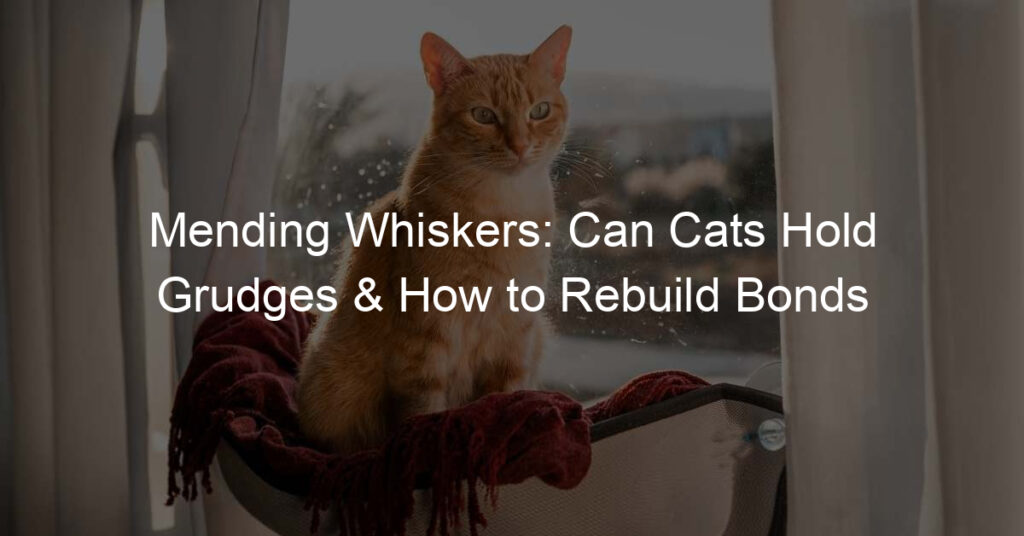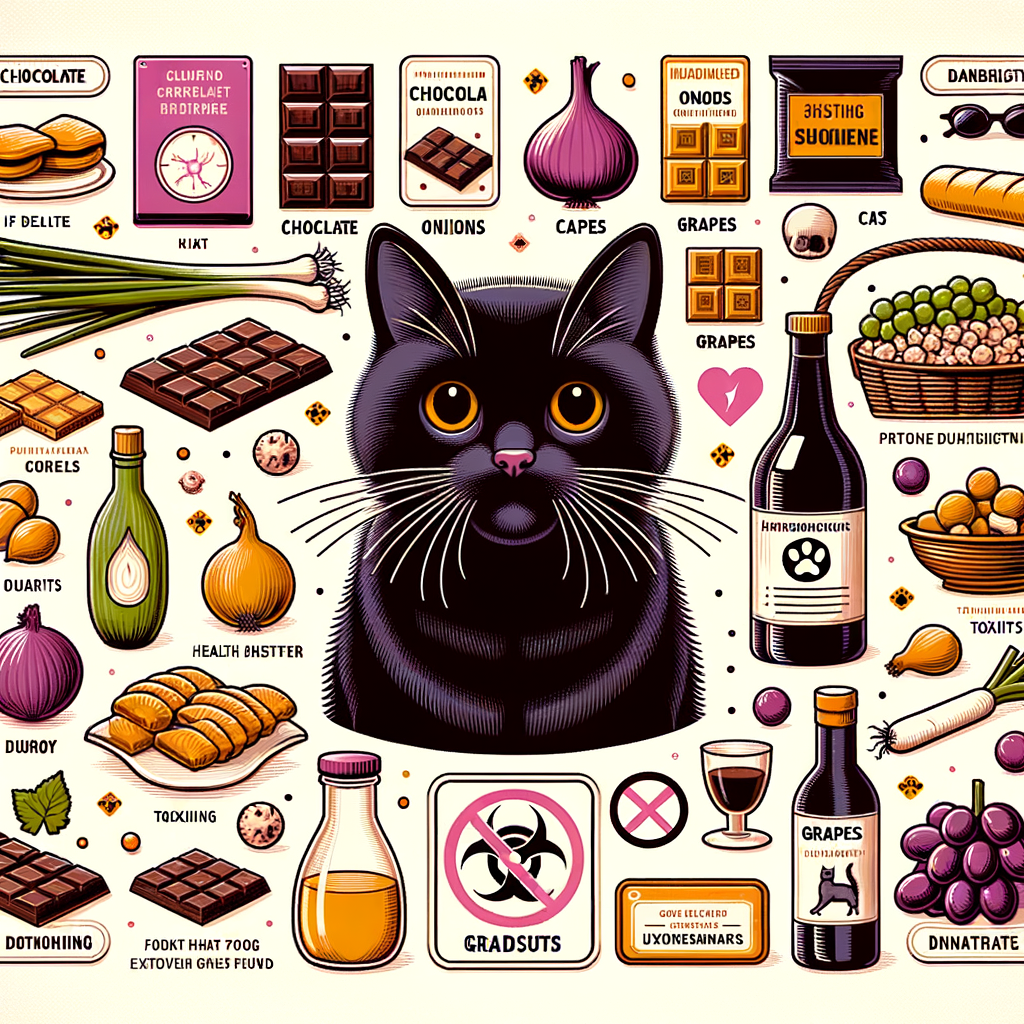
Introduction: The Importance of a Safe Diet for Cats
As a cat owner, it’s crucial to understand that your feline friend has unique dietary needs. Feeding your cat a safe and balanced diet is not just about keeping them full; it’s about ensuring their overall health and longevity. This article will delve into the importance of a safe diet for cats, focusing on their unique dietary needs and the risks associated with feeding them human food.
- Understanding the unique dietary needs of cats
- The risks of feeding cats human food
Cats are obligate carnivores, which means they require a diet high in animal protein to thrive. Unlike dogs and humans, cats cannot survive on a vegetarian diet. They need certain nutrients, like taurine and arachidonic acid, that can only be found in meat. Taurine, for instance, is essential for a cat’s heart health, vision, and immune system. A deficiency in taurine can lead to serious health issues such as heart disease. Therefore, it’s important to feed your cat a diet specifically formulated for them, rich in high-quality animal protein.
While it might be tempting to share your food with your furry friend, it’s important to understand that not all human foods are safe for cats. Some foods, like chocolate, onions, and garlic, can be toxic to cats. Even foods that are generally considered healthy for humans, like grapes and avocados, can cause serious health problems in cats. Furthermore, feeding your cat human food can lead to obesity and other health issues related to poor nutrition. Therefore, it’s best to stick to cat-specific food and treats.
In the following sections, we will delve deeper into dangerous and toxic foods for cats, the long-term effects of an unsafe diet, and how to ensure a healthy diet for your feline friend. By understanding these aspects, you can ensure your cat lives a long, healthy, and happy life.
Dangerous Foods for Cats: What Cats Should Not Eat
As cat owners, it’s crucial to know what foods are safe for our feline friends to consume. Certain foods that we humans enjoy daily can be harmful, and even deadly, to cats. Let’s explore some common household foods that cats should avoid.
Common Household Foods Cats Should Avoid
Here are some everyday foods that you should never feed your cat:
- Onions and Garlic: These common kitchen ingredients can cause anemia in cats. Both raw and cooked onions and garlic are harmful. Even a small amount can lead to serious health problems.
- Chocolate: Chocolate contains theobromine, a substance that is toxic to cats. It can cause heart problems, muscle tremors, or seizures. Dark chocolate and unsweetened baking chocolate have the highest levels of theobromine.
- Caffeine: Caffeine is extremely dangerous for cats and can be fatal. It can cause rapid breathing, heart palpitations, and muscle tremors. Keep your coffee, tea, and energy drinks out of your cat’s reach.
- Alcohol: Alcohol has the same effect on a cat’s liver and brain that it has on humans. But it takes far less to do its damage. Just two teaspoons of whisky can cause a coma in a 5-pound cat, and one more teaspoon could kill it.
- Grapes and Raisins: Grapes and raisins can cause kidney failure in cats. Even a small amount can make a cat ill. Repeated vomiting and hyperactivity are early signs.
Remember, these are just a few examples of foods that can be dangerous to cats. Always consult with your vet if you’re unsure about feeding your cat something new. It’s better to be safe than sorry when it comes to your cat’s diet.
Unsafe Foods for Cats: Less Known but Equally Harmful
While we are often aware of the common foods that can harm our feline friends, there are some less known, but equally harmful foods that cats should avoid. Let’s delve into these potentially dangerous items.
- Raw Dough
- Certain Types of Fish
- Raw Eggs
- Artificial Sweeteners
Raw dough, particularly yeast dough, can be harmful to cats. When ingested, the dough can expand in the cat’s stomach, causing discomfort and potential blockages. Additionally, the yeast in the dough can ferment, producing alcohol which can lead to alcohol poisoning.
While fish is often associated with a cat’s diet, certain types can be harmful. For instance, raw fish can contain bacteria that cause food poisoning. Additionally, some fish like tuna, if fed in large amounts, can lead to a Vitamin E deficiency, causing a painful condition known as steatitis.
Raw eggs pose two main risks for cats. First, they may contain harmful bacteria like Salmonella or E. Coli. Second, an enzyme in raw eggs called avidin can interfere with the absorption of the B vitamin biotin, which cats need for healthy skin and coat.
Artificial sweeteners, particularly xylitol, can be extremely harmful to cats. Xylitol can lead to a rapid drop in a cat’s blood sugar, causing symptoms like vomiting, loss of coordination, and seizures. It’s often found in sugar-free gum, candy, and baked goods.
As cat owners, it’s important to be aware of these less known harmful foods. Always double-check what you’re feeding your cat and when in doubt, consult with your vet. Remember, a safe diet is key to a healthy, happy cat.
Toxic Foods for Cats: The Deadly Dangers
As a cat owner, it’s crucial to know about the foods that can pose deadly dangers to your feline friend. Some foods, while harmless to humans, can cause immediate harm to cats. Let’s explore some of these toxic foods.
Food Items That Can Cause Immediate Harm
Here are some common items that can be harmful to cats:
- Lilies
- Alcohol
- Certain Human Medications
Lilies are beautiful flowers, but they can be deadly for cats. Even a small bite from a lily can cause severe kidney damage in cats. If your cat ingests any part of a lily, it’s important to get them to a vet as soon as possible.
Alcohol is another substance that can cause immediate harm to cats. Even a small amount of alcohol can lead to serious health problems in cats, including difficulty breathing, tremors, and even death. It’s best to keep all alcoholic beverages out of your cat’s reach.
Many human medications can be harmful or even deadly to cats. This includes over-the-counter drugs like ibuprofen and prescription medications. Always keep your medications stored safely away from your cat, and never give your cat any medication without consulting with your vet first.
Remember, prevention is the best cure. Keep these items out of your cat’s reach to ensure their safety. If you suspect your cat has ingested any of these items, seek immediate veterinary care.
Harmful Cat Diet: Long-Term Effects of Unsafe Foods
When it comes to feeding our feline friends, it’s crucial to understand the long-term effects of an unhealthy diet. Cats are not just small dogs; they have unique dietary needs and can’t safely eat many foods that humans and dogs can. Feeding your cat the wrong foods can lead to serious health problems over time. Let’s explore some of the most common health issues that can stem from a poor diet.
Health Issues Stemming from a Poor Diet
Just like humans, cats can suffer from a variety of health issues if they don’t eat a balanced diet. Here are three of the most common health problems cats can develop from eating unsafe foods:
- Obesity: Obesity is a common problem in cats, especially those that are overfed or eat a lot of high-calorie foods. Overweight cats are more likely to develop other health problems, like diabetes and heart disease. It’s important to feed your cat a balanced diet and ensure they get plenty of exercise.
- Diabetes: Just like in humans, diabetes in cats is often linked to obesity and a poor diet. Cats with diabetes can’t regulate their blood sugar levels properly, which can lead to a host of health problems. Feeding your cat a diet that’s low in carbohydrates and high in protein can help prevent diabetes.
- Heart Disease: Cats that eat a diet high in fat and low in taurine, an essential amino acid, can develop heart disease. This condition can lead to a variety of symptoms, including weight loss, difficulty breathing, and lethargy. To prevent heart disease, make sure your cat’s diet includes plenty of taurine.
In conclusion, feeding your cat a balanced diet is crucial for their long-term health. By avoiding unsafe foods and ensuring your cat gets the nutrients they need, you can help prevent these common health problems and keep your feline friend healthy and happy.
Cat Food Safety: Ensuring a Healthy Diet for Your Feline Friend
When it comes to our beloved feline friends, their diet is a crucial aspect of their overall health. It’s not just about what they eat, but also about ensuring they don’t eat what they shouldn’t. Let’s explore some steps to prevent accidental ingestion of harmful foods.
Steps to Prevent Accidental Ingestion of Harmful Foods
Accidents can happen, but with proper precautions, we can significantly reduce the risk of our cats consuming something harmful. Here are three key steps you can take:
- Properly storing harmful foods
- Training family members about foods that can harm cats
- Regular vet check-ups
Many foods that are safe for humans can be harmful to cats. These include chocolate, onions, garlic, and certain fruits like grapes. Always store these foods in a place your cat can’t reach. Use sealed containers, and never leave food unattended on counters or tables.
Education is key. Make sure everyone in your household knows which foods are dangerous for cats. Create a list of harmful foods and place it on your fridge or somewhere visible. This way, everyone can help keep your cat safe.
Regular vet visits are essential for your cat’s health. Your vet can provide advice on diet and detect any potential health issues early. Remember, prevention is better than cure.
By following these steps, you can help ensure a safe and healthy diet for your cat. Remember, a healthy cat is a happy cat!
Conclusion: The Key Takeaways for Keeping Your Cat Safe
As we wrap up our discussion on cat safety and diet, let’s revisit the key points that every cat owner should keep in mind. These are essential to ensure that your feline friend stays healthy and safe.
- Importance of knowing the foods harmful to cats: Not all foods that humans consume are safe for cats. Some can cause mild discomfort, while others can lead to severe health problems or even be fatal. Foods like chocolate, onions, garlic, and alcohol are particularly harmful. Knowledge about these harmful foods is the first step towards keeping your cat safe.
- Understanding the long-term effects of an unsafe diet: Feeding your cat an unsafe diet doesn’t just cause immediate harm. It can also lead to long-term health issues like kidney disease, liver problems, and obesity. By understanding these potential effects, you can make better dietary choices for your cat.
- Implementing safety measures to prevent accidental ingestion: Accidents can happen, but they can be prevented. Keep harmful foods out of your cat’s reach, and be mindful of what you’re feeding them. If you have guests over, inform them about your cat’s dietary restrictions. These simple measures can go a long way in preventing accidental ingestion of harmful foods.
Remember, your cat’s health and safety are in your hands. By being informed and vigilant, you can ensure that they live a long, healthy, and happy life. Let’s make our homes a safe haven for our feline friends!
